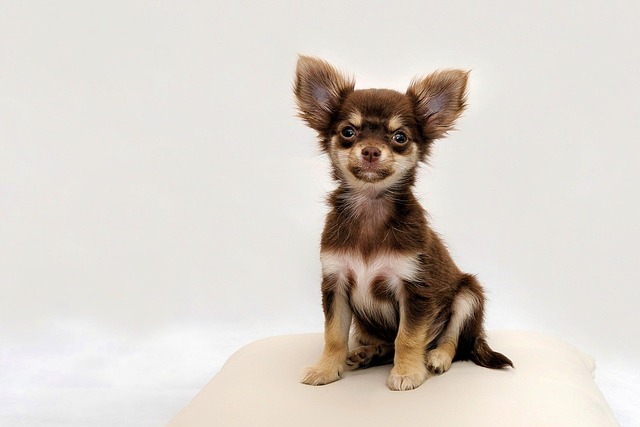
How do i train my dog to be obedient?
Watching your dog dart across the park ignoring your calls isn’t just frustrating—it can put them at risk near busy streets or public spaces.
Many new owners worry about Chihuahua puppy training, and it’s easy to see why—these tiny dogs have big personalities that can feel stubborn at first. Unlike larger breeds that might respond quickly to physical cues, Chihuahuas often need more patience with positive reinforcement, like small treats or verbal praise. It’s important to remember that their size doesn’t mean they’re less intelligent; they just tend to bond closely with one owner, which can make training feel like a slower process if consistency isn’t there.
Before diving into training, always check local laws regarding dog ownership—many areas in Europe and North America require puppies to be microchipped by a certain age, and some have specific rules about leash use in public spaces. This compliance isn’t just a legal step; it also keeps your Chihuahua safe, especially since their small stature makes them harder to spot in busy areas. Incorporating these legal steps into your routine early on can also help your puppy get used to being handled, which makes training basic commands like “sit” or “come” much easier later.
 Chihuahua puppies thrive on routine, which aligns well with the structured lifestyles many owners have. For example, setting fixed times for potty breaks, meals, and short training sessions (5-10 minutes at a time) helps them learn faster than long, sporadic sessions. Their sensitive nature means harsh corrections should never be used—yelling or physical discipline can make them fearful, which slows down training even more. Instead, focusing on rewarding good behavior when it happens, like when they use their puppy pad or follow a simple command, builds trust and makes them more eager to learn.
Chihuahua puppies thrive on routine, which aligns well with the structured lifestyles many owners have. For example, setting fixed times for potty breaks, meals, and short training sessions (5-10 minutes at a time) helps them learn faster than long, sporadic sessions. Their sensitive nature means harsh corrections should never be used—yelling or physical discipline can make them fearful, which slows down training even more. Instead, focusing on rewarding good behavior when it happens, like when they use their puppy pad or follow a simple command, builds trust and makes them more eager to learn.
One common misconception is that Chihuahuas are “untrainable,” but this usually comes from owners not adapting their methods to the breed’s needs. For instance, a Chihuahua might ignore a command if they’re distracted by a loud noise, so training in quiet, familiar spaces first before moving to busier areas is key. Socialization is also a big part of training—exposing them to other calm dogs, friendly people, and different environments (like parks or pet stores) when they’re young helps prevent shyness or aggression, which can make future training smoother.
By the end, training a Chihuahua puppy isn’t about overcoming “difficulty”—it’s about understanding their unique traits and matching your approach to them. With patience, consistency, and adherence to local laws, these tiny dogs can learn just as well as any other breed. The bond you build through gentle, positive training will not only make them well-behaved companions but also ensure you both enjoy a happy, compliant life together.

Watching your dog dart across the park ignoring your calls isn’t just frustrating—it can put them at risk near busy streets or public spaces.

New puppy owners often find themselves rushing to clean up accidents before they set in, and that’s where puppy pad training becomes a game-changer.

If you've noticed your dog's waistline disappearing and your veterinarian has mentioned those few extra pounds, your first instinct might be to simply reduce the amount of food in their bowl.

Training a dog to use a designated spot indoors isn’t as daunting as many new owners fear, but it does take consistency and an understanding of your pet’s needs.

That moment of dread on a walk is all too familiar for many new dog owners. You see another dog approaching down the sidewalk of your neighborhood

If the sight of another dog on your neighborhood walk makes your heart sink as your own dog erupts into a frenzy of barking and lunging, you're not alone.